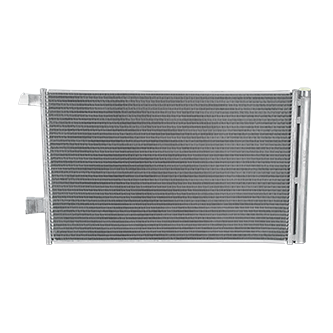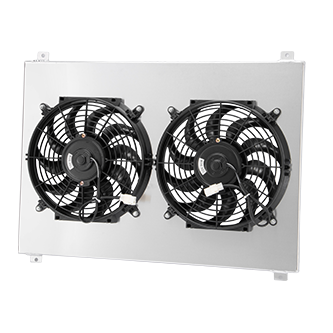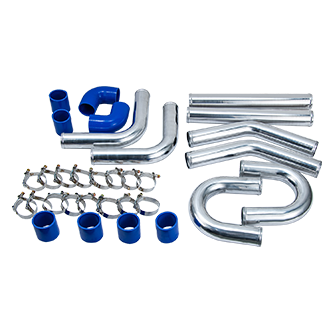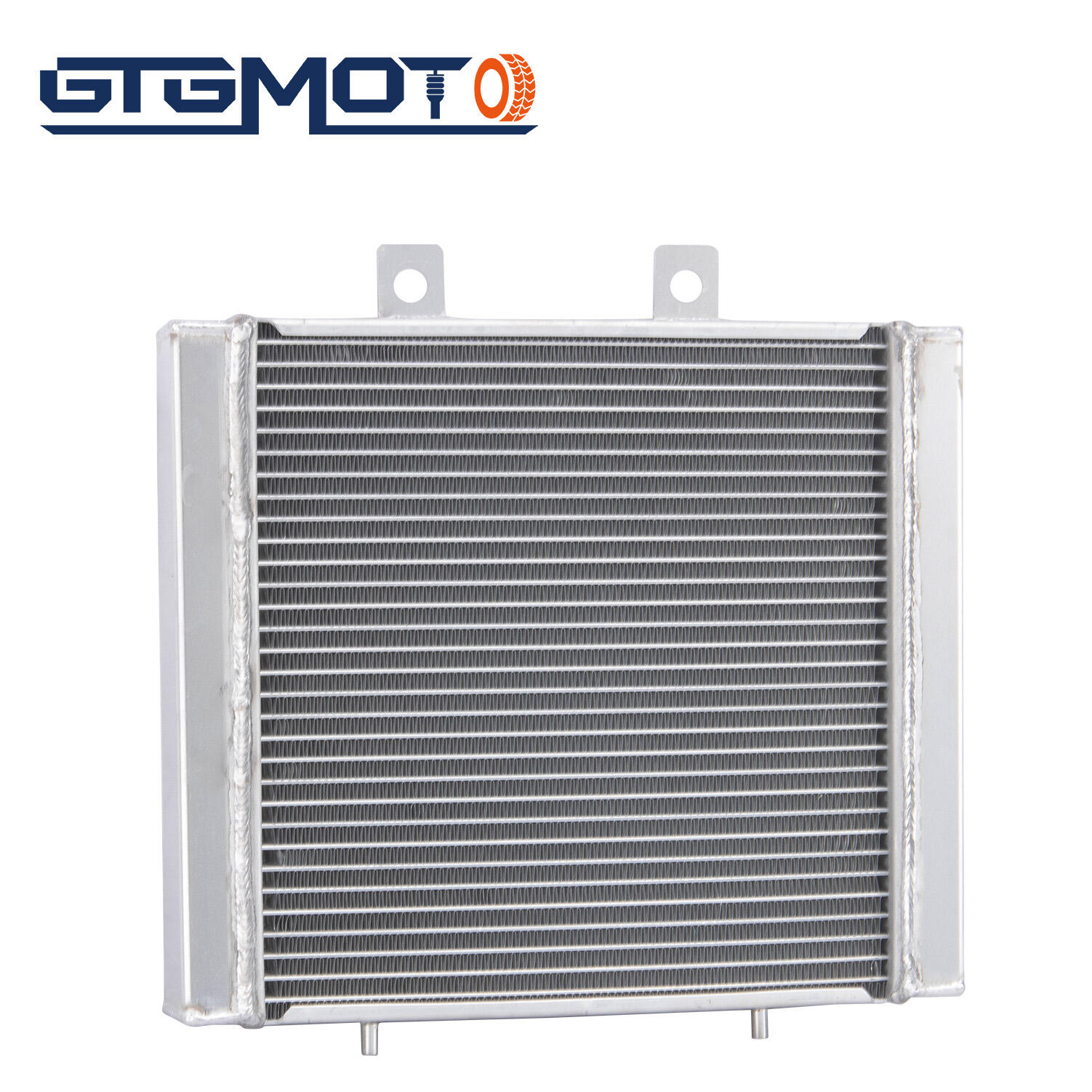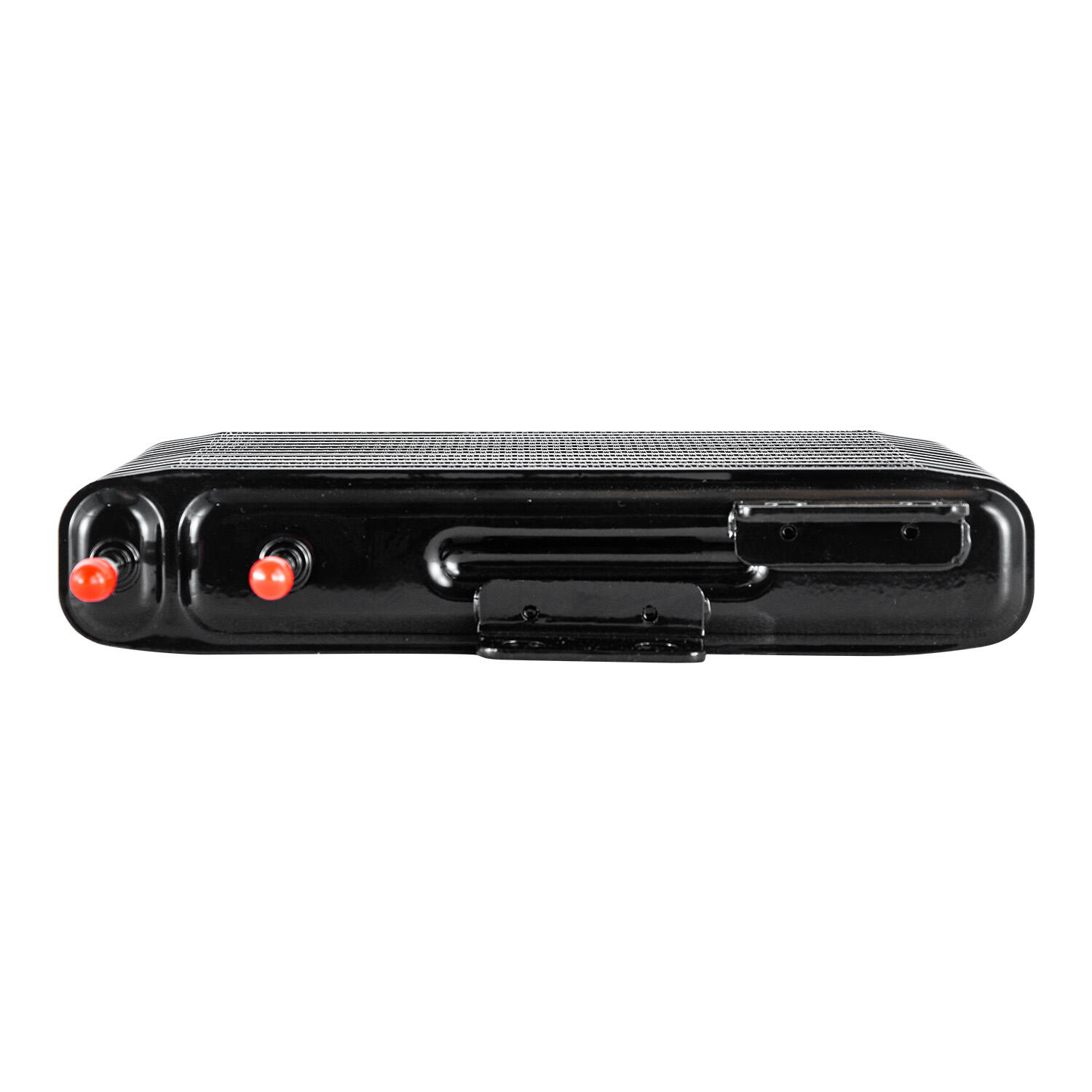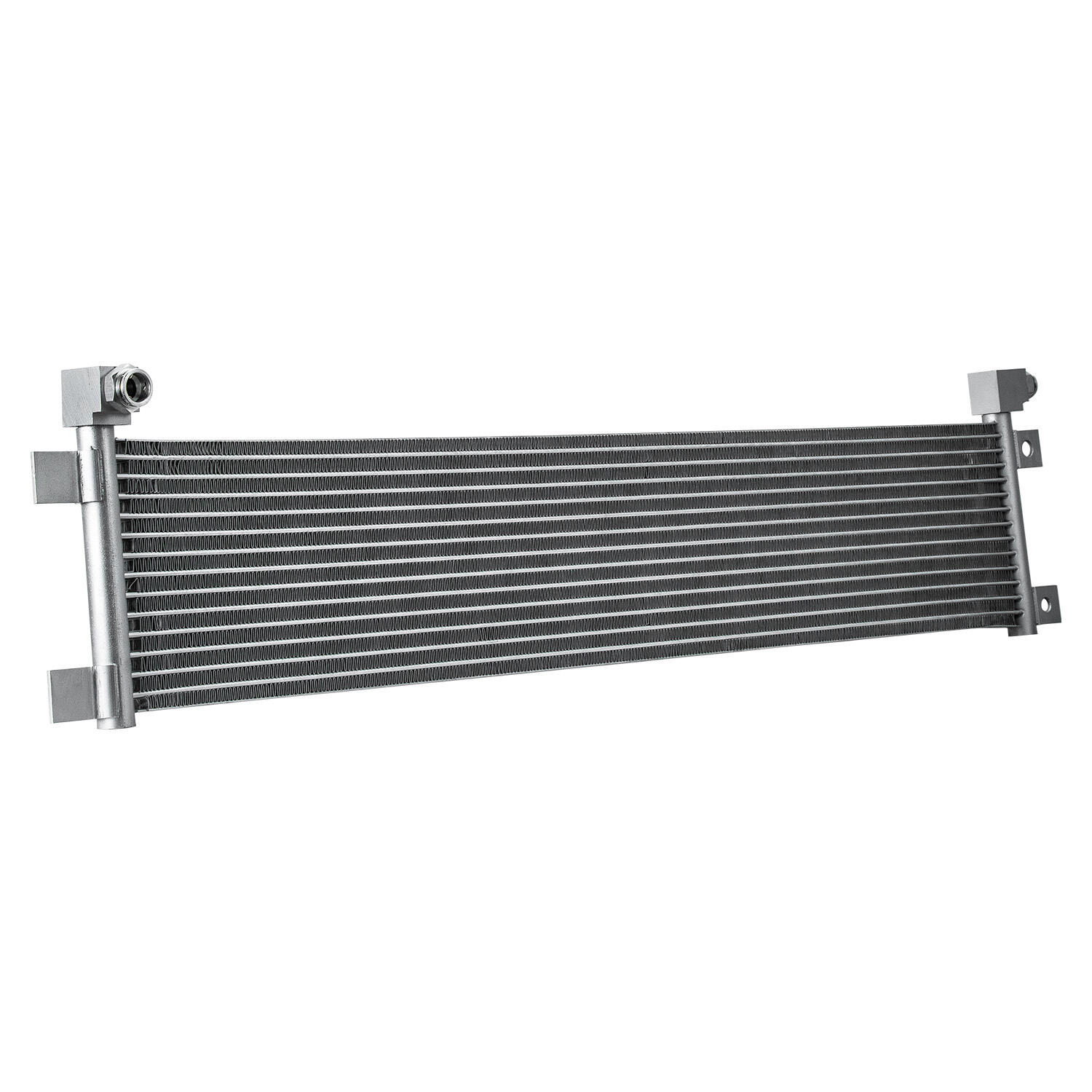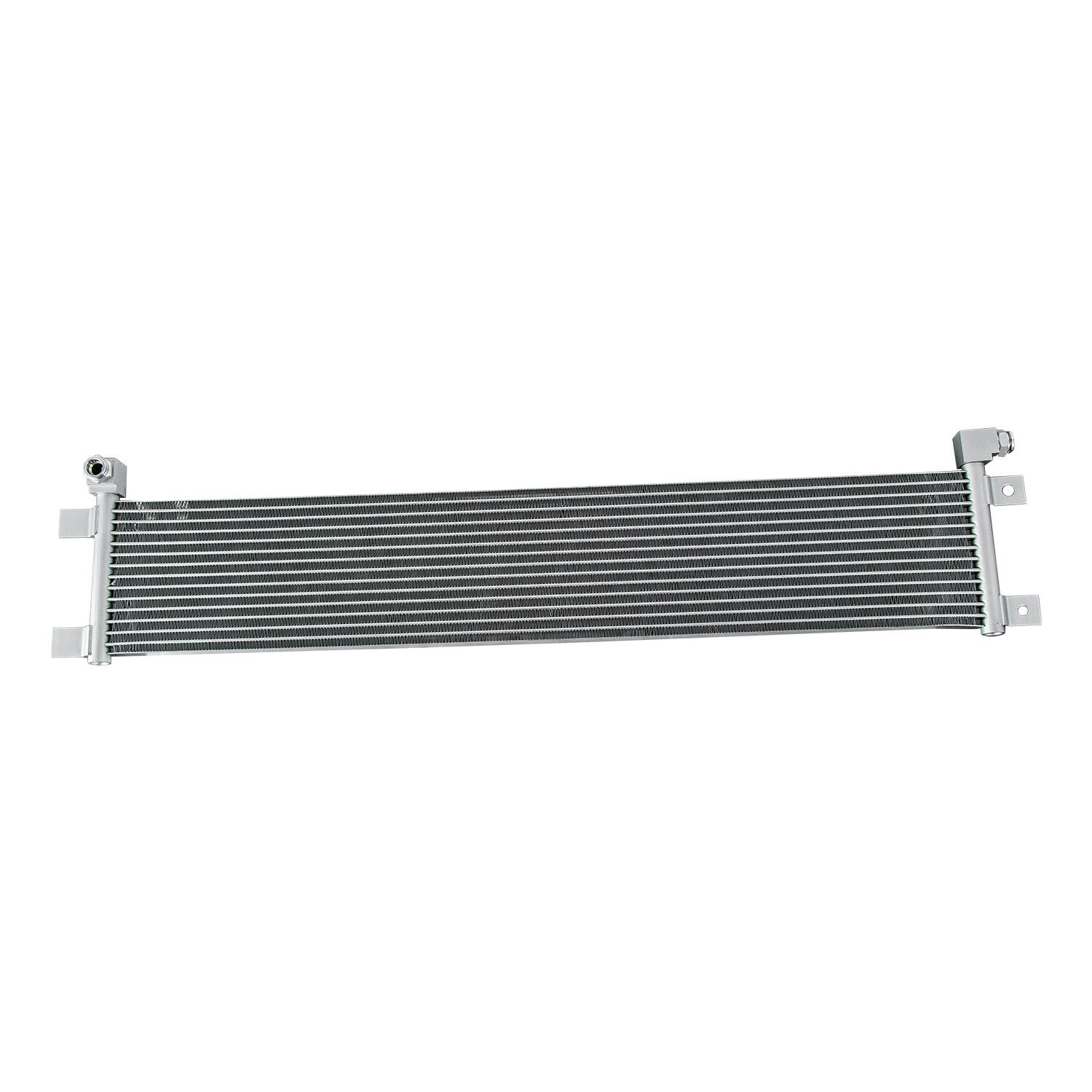variklio alyvos aušintuvas
Radiatoris variklio aliejui yra svarbus komponentas šiuolaikiniuose automobilių sistemose, skirtas palaikyti optimalią aliejaus temperatūrą per variklio veikimą. Šis specializuotas šilumos mainytuvas dirba cirkuliuojant variklio aliejui per seriją vamzdžių ar platučių, leidžiant šilumai išsiskleisti dėl susilaidymo su šaldymo vidmeniu, paprastai oro ar šaldikliu. Variklio aliejaus radiatorių pagrindinė funkcija – užkirsti kelią aliejaus degradacijai ir užtikrinti nuolatinį variklio veikimą, laikydami aliejaus temperatūrą idealiose veikimo ribose. Šiuolaikiniai aliejaus radiatores yra apdoroti sudėtingais dizainais, įtraukiantiais aliuminio ar bakelio branduolius, siūlančius puikius šilumos perdavimo gebėjimus, kartu likdamiesi sunkiai ir kompaktiškai. Šios vienetai ypač svarbūs aukštos našumo transporto priemonėse, sunkiuose kamionuose ir varikliuose, veikiančiuose griežtomis sąlygomis. Sistema dirba kartu su variklio smarkymo sistema, apdorojant aliejų, kol jis cirkuluoja per variklį. Palaikydama tinkamą aliejaus temperatūrą, radiatorius padeda ilgesniu laiku naudoti variklį, pagerinti kuro efektyvumą ir palaikyti nuolatinį variklio veikimą. Technologija buvo tobulinama įtraukiant sofistikatus termo aplinkos atsparius values, reguliuojančius aliejaus srautą pagal temperatūrą, užtikrinančius optimalias veikimo sąlygas nepriklausomai nuo išorinių veiksnių.

